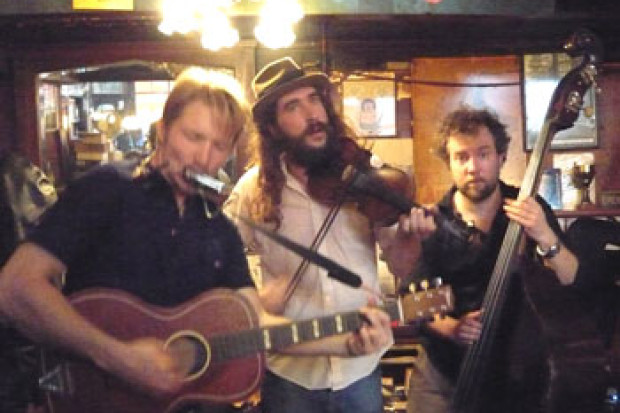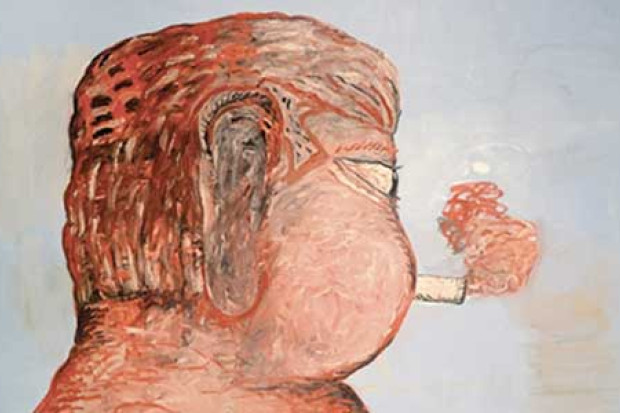Letters: A Eunuch's Shadow
Dear Editor,
In his wide-ranging article on new music criticism (‘A Eunuch’s Shadow’, Jan/Feb 2003) composer Benjamin Dwyer challenges the role of the music critic in assessing new music through the medium of the newspaper review. Thirty years ago Igor Stravinsky addressed the same topic: ‘When the time is very short the review of a new composition should be confined to reporting rather than snap judging. A bad, meaning unfavourable, newspaper notice may have disastrous consequences for the gifted unknown, whose work if it were in any way truly new could not be evaluated in a single hearing anyway.’
It is obvious that the present system of reviewing new music is frustrating for Irish composers, but to place the onus on music critics themselves to pursue new alternatives is not the solution. It is all very well to suggest other channels for music criticism, such as music journals and the Internet, but whatever about calling the tune who will pay the piper? Extended coverage of music on the Irish Times website was discontinued last year owing to financial cutbacks. Incidentally, astute readers will note that there was no reference in the article to features on new music by international composers which regularly appear in that newspaper.
The allocation of space for newspaper reviews is determined by the editorial powers-that-be in response to public demand. If new music does not receive the
same media attention as new literature or new theatre it may be because composers are not using professional marketing techniques to attract public interest. How can this be remedied? The Contemporary Music Centre and the Irish Association of Composers already provide valuable promotional services, and the new musicians´ website, TUTTI, offers further opportunities for composers to reach a wider constituency. The high proportion of composers who contribute to JMI is another positive development. In the final analysis the higher the profile of composers themselves the stronger will be the demand for indepth music criticism, a perfect example of the vicious circle – in the pejorative sense of course.
Ita Beausang
Dublin
Published on 1 March 2003
Ita Beausang has recently retired from the School of Music and Drama in the Dublin Institute of Technology, where she held various teaching and administrative positions. Her research interests include music education in Ireland, Anglo-Irish music and music criticism.












